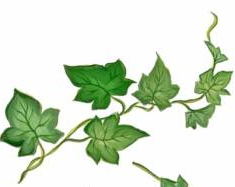 words
wordsNavigating the site:
Protect – protecting, protection
pro·tect [ pro –meaning for; in front– + –tegere "to cover"– = covered in front ]
(past pro·tect·ed, past participle pro·tect·ed, present participle pro·tect·ing,
3rd person present singular pro·tects)transitive verb
1. keep something or somebody safe: to prevent somebody or something from being harmed or damaged. (see conservation)
2. economics help home industries by taxing imports: called a protective tariff. That policy supposedly is enforced to help the industries in a country by imposing customs duties on imports from other countries
[15th century. From Latin protect- , past participle stem of protegere , literally “to cover in front,” from tegere “to cover” (source of English integument).]
integument
in·teg·u·ment, integuments
protective layer: an outer protective layer or part of an animal or plant, for example, a shell, rind, husk, carapace, or skin.
[Early 17th century. Via Latin integumentum from integere “to cover up,” from tegere “to cover”(source of English tile and detect).]
in·teg·u·men·tal adjective
in·teg·u·men·ta·ry adjective
![]()
Words are marks | Key terms | Word webs | Basic vocabulary | Advanced Vocabulary | Antonyms | Synonyms | Obscure words
Concept, related ideas.
Essay about conserving biological wealth.
Trace elements can have more than trace effects!
Protection of the global commons.
Laws to protect coastal wetlands.
Loss of our will and perception.
Need for better ways to protect our bi-polar culture.
Adaptive management as a way to protect nature.
Conservation of nature as if people mattered–new perspectives.
Science Index | Social Analysis | Population Index | Global Warming Index | Nature Index


